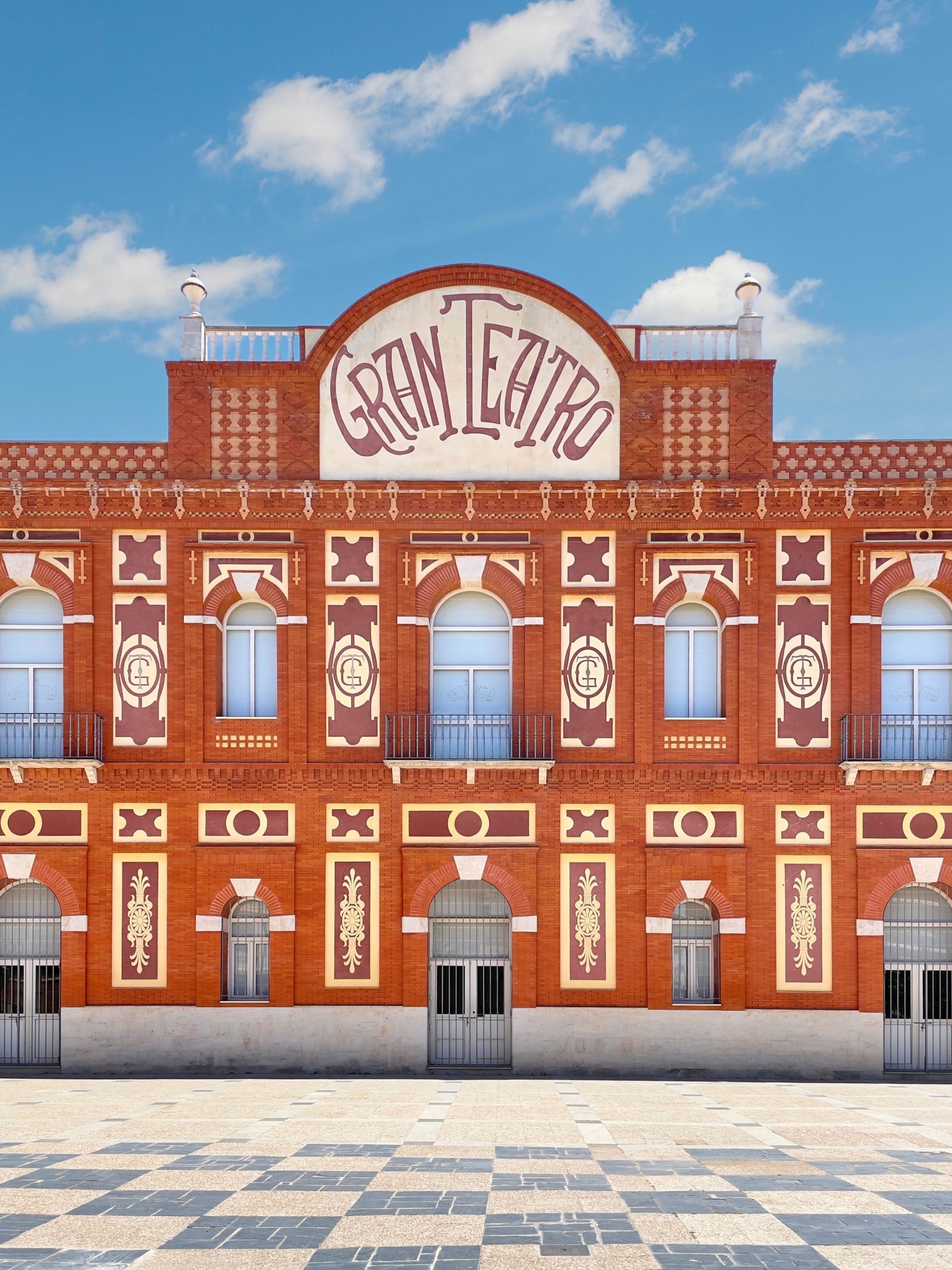
You know it when you see it. An uncannily symmetrical vista with a vintage phone booth or a stylized old building awash with pastel color. These are the images known as “accidentally Wes Anderson” for how closely they seem to align with the American director’s distinctive aesthetic.
Best known for films like The Royal Tenenbaums (2001) and The Grand Budapest Hotel (2014), Wes Anderson has long enjoyed creating imagined worlds with a uniform visual appeal and touch of eccentricity that sets them apart from our own, bleaker reality. The look is popular enough that an Instagram dedicated to sharing the rare moments when this look occurs unplanned has amassed 1.9 million followers. Satisfying to look at, these chance spots filled an entire New York Times bestselling book in 2020.
The latest product in the franchise is an exhibition in London, which opened in December. It promises “an adventurous journey around the world through photography,” allowing the visitor to travel to over 200 places scattered across the globe that contain something of Anderson’s magnetic mix of grandeur and whimsy.
Organized across seven themed rooms, the exhibition lets us in on the backstory of these unusual locations, proving that sometimes truth is just as strange as fiction. The journey starts with a trip back in time to a pre-technological London when communication centered around the local post office. Other quintessential Anderson motifs to be explored include seascapes, detailed architectural facades, mysterious doors and retro modes of transport.
The exhibition is organized by Fever, an entertainment company known for hosting a series of immersive art exhibitions including the blockbuster “Van Gogh: The Immersive Experience,” which first opened in 2018.
“Accidentally Wes Anderson: The Exhibition” is showing at 81-85 Old Brompton Road, London SW7 until February 17, 2024. Check out more images from the show below.
Ascensor aa Bica in Lisbon. Photo: Jack Spicer Adams.
Barbican laundrette. Photo: @coinop_london.
Installation view of “Acidentally Wes Anderson: The Exhibition” in London. Photo: Dan Ross.
Casino Mont Blanc. Photo: Ramon Portellii.
Eastern Columbia Building. Photo: Elizabeth Daniels.
Installation view of “Acidentally Wes Anderson: The Exhibition” in London. Photo: Dan Ross.
Japanese railway. Photo: Accidentally Wes Anderson.
Kaeson Station, Pyongyang Metro. Photo: Dave Kulesza.
Installation view of “Acidentally Wes Anderson: The Exhibition” in London. Photo: Dan Ross.
Tokyo Taxi. Photo: Accidentally Wes Anderson.
Washington State Ferries. Photo: Cole Whitworth.
More Trending Stories:
Art Dealers Christina and Emmanuel Di Donna on Their Special Holiday Rituals
Stefanie Heinze Paints Richly Ambiguous Worlds. Collectors Are Obsessed
Inspector Schachter Uncovers Allegations Regarding the Latest Art World Scandal—And It’s a Doozy
Archaeologists Call Foul on the Purported Discovery of a 27,000-Year-Old Pyramid
The Sprawling Legal Dispute Between Yves Bouvier and Dmitry Rybolovlev Is Finally Over